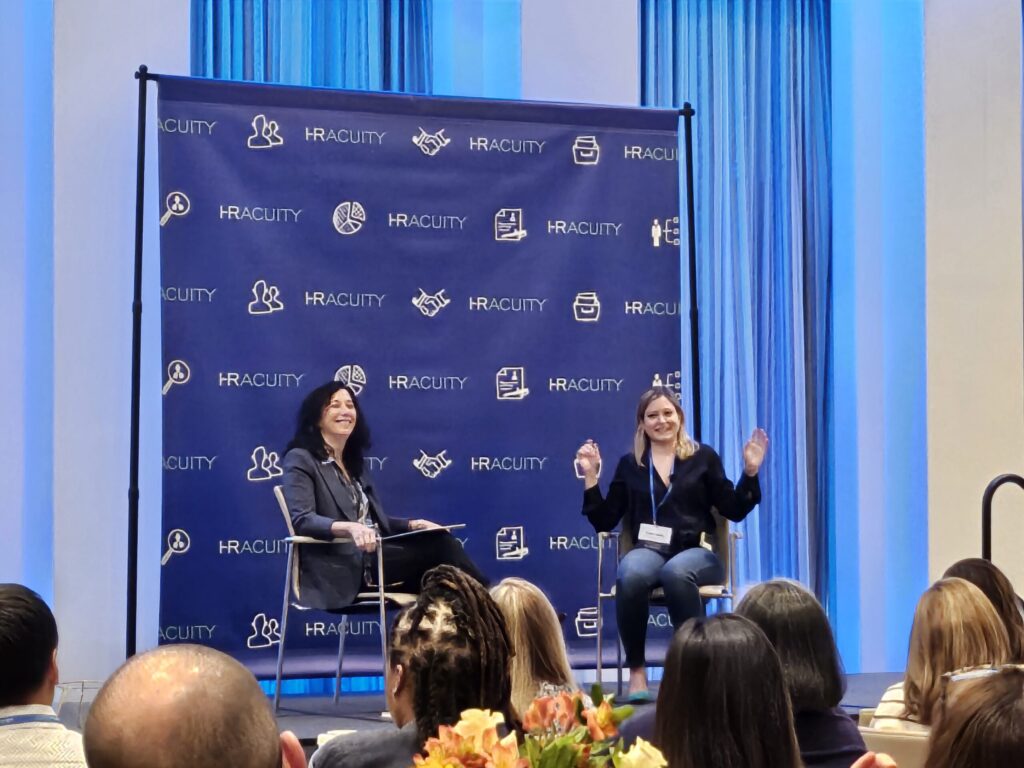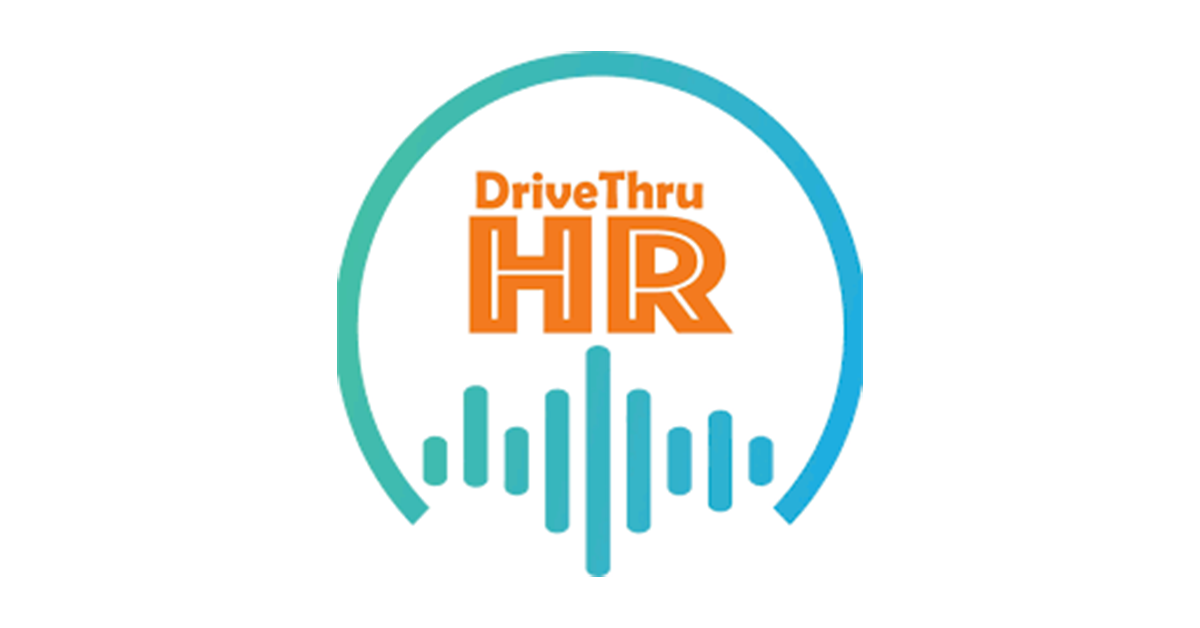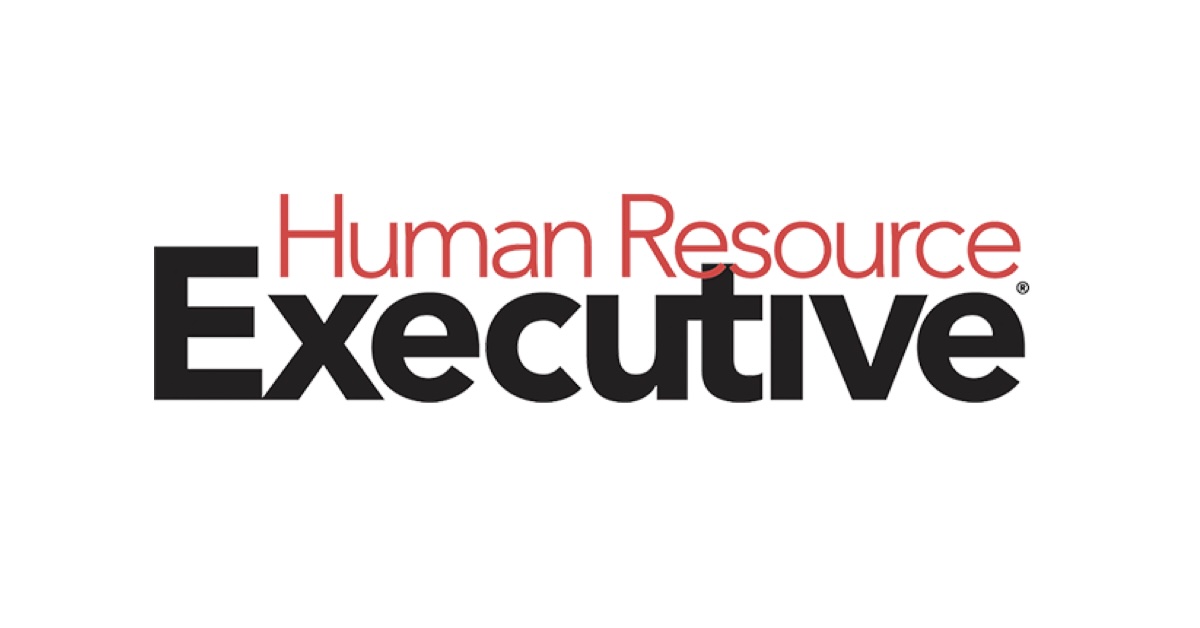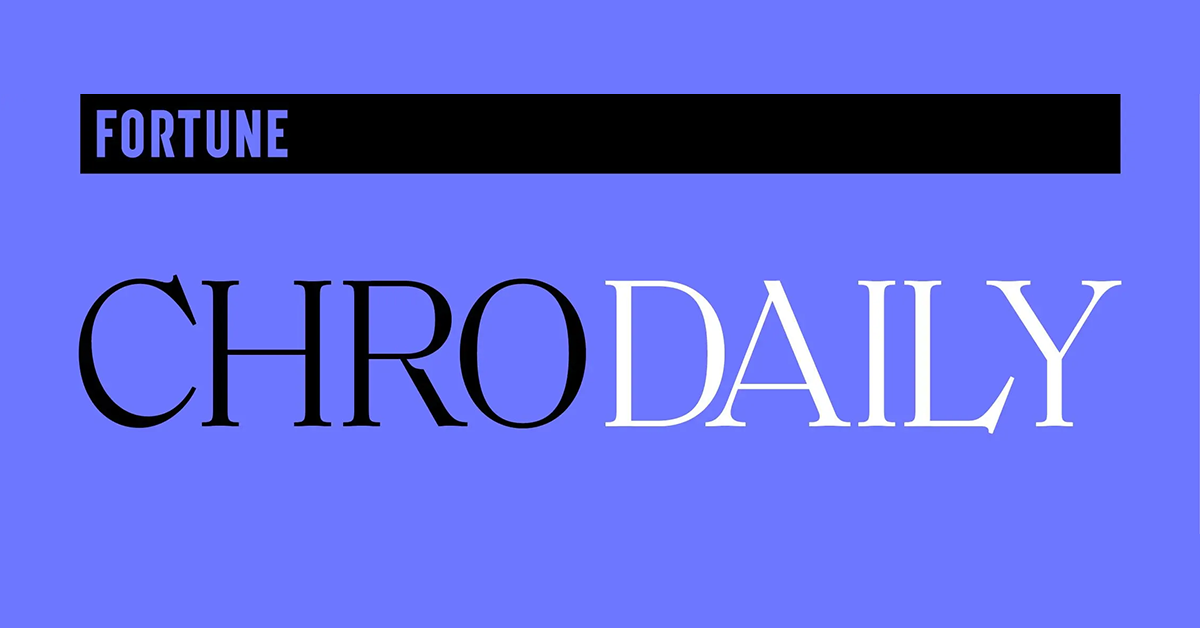This is the third blog in my series of curated takeaways from our 2023 ER Roundtable in Nashville. To read the first one about “Elevating Your Employee Relations Brand,” click here. To read the second one about “The Art of Meaningful Employee Relations Insights,” click here.
My final topic centers on the riveting session we had about adapting ER Processes in 2024, specifically as they relate to the surging mental health issues at work. It’s become very clear that our collective mental health suffered a huge hit during the pandemic, and we’re not bouncing back as fast as we’d hoped. In fact, we already see strong signals around the avalanche coming our way. In our latest HR Acuity Employee Relations Benchmark Study, two-thirds of organizations reported an increase in mental health cases.
During our session in Nashville, I was particularly intrigued by the creativity shared by our community as they grappled with how to effectively support mental health issues without the support of more resources.
Get an inside look at HR Acuity’s Employee Relations Roundtable, shared by HR Acuity Founder and CEO Deb Muller.
Four solid calls to action came out of this session:
1) Make smart allies.
ER professionals are not mental health professionals. Most ER professionals don’t have a mental health-related degree. While resources remain finite, the mental health skills gap is too big to ignore as the ratio of mental health-related cases continues trending up. In the meantime, we need allies.
I like the idea of partnering with your EAP provider to pilot a “mental health first aid program,” making sure you publish a well-communicated policy that hits on what traditional EAPs lack: personalization, confidentiality, diversity and inclusivity. In 2024, effective EAPs don’t resemble the ones we rolled out decades ago. The accessibility, type of content and benefits offerings have to make sense to four different generations in the workplace.
2) Empower the front line without burdening them.
It makes sense that co-workers and managers usually notice the first signs of distress. Their daily interactions or close physical proximity naturally create opportunities to pick up on the subtle changes in behavior or nuanced conversations that indicate a brewing issue. Indeed some employees, I’m looking at you empaths, will find they are on the receiving end of many heavy, personal conversations. Sadly, empath burnout is a real thing – and it’s driving some of our best talent to leave.
In Nashville, we discussed how critical it is to strike the right balance between empowering employees with mental health training programs while making sure that looking out for each other doesn’t feel like a burden. The best employee mental health training programs teach people what to look for and how to respond. For example, training resources could teach managers and employees how to recognize early signs of depression, anxiety and other common issues. The training would also include an accessible list of trusted, confidential resources, such as virtual therapy, available 24/7.
3) Don’t fall victim to analysis paralysis.
When we have a new challenge to solve, we want to do it right, so it’s easy to overthink it. Yet when it comes to mental health crises impacting the workplace, we don’t have the luxury of time. Indeed, no one who participated in our discussion wants to be caught without a plan. We agreed, even if the plan isn’t perfect, having an emergency plan is far superior to having no plan at all.
This is where I saw some real creativity. One idea we heard was the “Blue Envelope Program.” The idea is that you provide physical information (what to do, where to go, who to call) in a blue envelope so that if or when an employee has a critical need, all the information a person needs to help in that moment is at their fingertips.
4) Start advocating for your mental health budget with the right data.
Most budgets don’t have a line item for adding a mental health professional to the ER team but now is the time to get that business case started. 67% of the organizations we surveyed in our Annual Employee Relations Benchmark Study said that mental health issues were the most significant driver of increased case volumes in 2022.
The best way to secure more budget for mental health-related resources is to track mental health adjacent data. Some of the mental health-related metrics ER should consider tracking include:
- Employee Assistance Program (EAP) Utilization: Track the number of employees accessing the EAP and the types of services utilized
- Absenteeism Rates: Record the number of days employees take off due to mental health issues. Compare absenteeism rates related to mental health against overall absenteeism.
- Turnover Rates: Analyze turnover rates related to mental health reasons. Ask your talent acquisition business partners to calculate the cost of recruiting, hiring, and training new employees due to turnover.
- Disability Claims: Monitor the number of disability claims related to mental health. Assess the duration and cost of each claim.
- Employee Surveys: Conduct employee surveys that include questions about stress levels, work-life balance, and the perceived effectiveness of existing mental health resources.
- Incident Reports: Track the number of workplace incidents related to mental health issues such as conflicts, harassment, or performance issues. Assess the cost of addressing and resolving these incidents.
- Legal Compliance: Monitor any legal issues or complaints related to mental health in the workplace. Calculate the potential costs of legal actions and settlements.
If you’d like a recap of the biggest takeaways from our Nashville Roundtable sessions, you can download that summary here.
As always I believe the empowER community we’ve built at HR Acuity is a priceless resource for professionals who want to elevate both their personal career and the ER function as a whole. If you aren’t already a member of our community, we’d love to have you.
Curious how to leverage the HR Acuity empowER community? Discover how Jeffrey Rivera, Employee Relations Director at Tampa General Hospital, put it into action.




